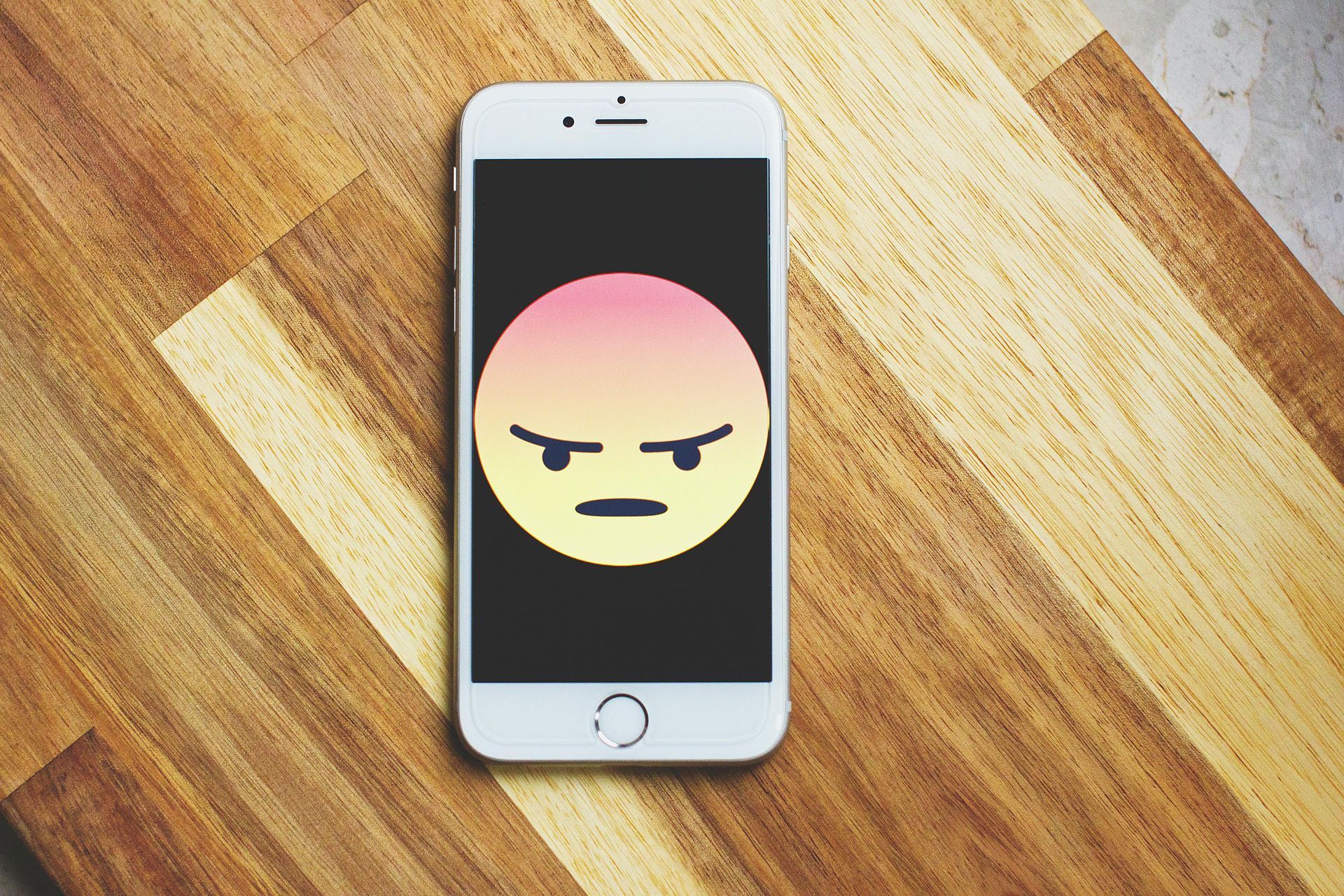6 Week DBT Skills Programme - Week 1
Week 1: Introduction to DBT and Mindfulness

Welcome to Week 1 of our 6-week DBT skills program! Over the next six weeks, you’ll learn powerful tools from Dialectical Behaviour Therapy (DBT) to help you manage emotions, cope with distress, and improve your relationships.
This week, we’re starting with the foundation of DBT—Mindfulness.
What is DBT and How Can It Help?
Dialectical Behaviour Therapy (DBT) is an evidence-based therapeutic approach that teaches practical skills for:
- Regulating emotions (reducing emotional ups and downs)
- Tolerating distress (coping with difficult situations without making them worse)
- Improving relationships (building healthy communication and boundaries)
- Living mindfully (staying present and responding wisely to challenges)
Originally developed for individuals with intense emotions and self-destructive behaviours, DBT is now widely used for anxiety, depression, stress, relationship challenges, and overall emotional well-being.
This program is designed to provide practical, actionable skills each week that you can integrate into your daily life.
Is DBT Right for You?
Dialectical Behaviour Therapy (DBT) is a powerful, evidence-based approach for managing emotions, reducing stress, and improving relationships. However, DBT is not a one-size-fits-all solution and works best when practiced consistently over time.
This resource is designed to provide self-help tools, but it is not a substitute for professional therapy. If you are struggling with severe emotional distress, self-harm, suicidal thoughts, or other mental health concerns, please seek support from a qualified therapist or mental health professional.
UK Crisis Support Contacts:
- Samaritans:
- Available 24/7 for anyone in distress.
- Phone: 116 123 (free from any phone)
- samaritans.org
- Email: jo@samaritans.org
- Shout:
- 24/7 confidential text support.
- Text: SHOUT to 85258
- giveusashout.org
- NHS Urgent Mental Health Support:
- Call: 111 and select the mental health option
- nhs.uk
- Campaign Against Living Miserably (CALM):
- Support for anyone struggling with life.
- Phone: 0800 58 58 58 (5pm–midnight daily)
- Webchat: thecalmzone.net
- thecalmzone.net
- Papyrus HOPELINEUK:
- Support for young people under 35 experiencing thoughts of suicide.
- Phone: 0800 068 41 41
- Text: 07860 039967
- Email: pat@papyrus-uk.org
- papyrus-uk.org
You deserve support, and help is available. If you need immediate assistance, reach out to a mental health professional, crisis hotline, or support network.
Why Start with Mindfulness?
Mindfulness is the core DBT skill because it helps us:
- Stay present and fully experience life rather than getting caught up in worries or regrets.
- Observe our emotions without being controlled by them.
- Improve focus and emotional resilience.
In DBT, Mindfulness is broken into two categories:
- "What" Skills (what we do to be mindful)
- Observe – Notice your thoughts, feelings, and surroundings without reacting.
- Describe – Put words to your experiences without judgment.
- Participate – Engage fully in the present moment without overthinking.
- "How" Skills (how we practice mindfulness)
- Non-Judgmentally – Experience life without labelling it as “good” or “bad.”
- One-Mindfully – Focus on one thing at a time.
- Effectively – Respond in ways that work best for the situation.
This week, you’ll practice simple mindfulness exercises to build awareness and emotional balance.
How to Get Started with Mindfulness
If you’re new to mindfulness, it might feel unfamiliar or even frustrating at first. Many people worry that they “can’t stop their thoughts” or “aren’t doing it right.” The good news? Mindfulness isn’t about stopping thoughts—it’s about noticing them without judgment.
Here’s a simple approach to get started:
1. Set a Realistic Goal
You don’t need to meditate for hours. Start with just 2-5 minutes a day. Over time, you can increase your practice if it feels helpful.
2. Choose a Practice That Works for You
There are many ways to be mindful. You could:
- Focus on your breath for a few minutes.
- Pay attention to your five senses while drinking tea, walking, or eating.
- Try the 5-4-3-2-1 grounding exercise to reconnect with the present moment.
3. Expect Your Mind to Wander (That’s Normal!)
It’s completely normal for your thoughts to drift while practicing mindfulness. When this happens, gently bring your focus back—without judgment. Each time you refocus, you’re strengthening your mindfulness skills.
4. Create a Daily Habit
Mindfulness works best when practiced
regularly. Try attaching it to a daily routine:
🌅
Morning – A short mindful breathing exercise before starting your day.
☕
During the day – Mindfully drinking your coffee or tea, focusing on taste and smell.
🌙
Night – A brief mindfulness reflection before bed.
5. Use the Provided Resources
To help you integrate mindfulness into your week, I’ve included
guided exercises and reflection journal.
Feel free to start small and adjust based on what works best for you.
Your Week 1 Resources
To help you get started, I’ve created the following resources for you to download:
📌 Week 1: Introduction to DBT & Mindfulness Guide – A deeper dive into DBT and mindfulness skills.
📌 5-4-3-2-1 Grounding Exercise – A simple mindfulness technique to stay present and reduce stress.
📌
Mindfulness Reflection Journal – Daily and weekly reflection prompts to deepen your practice.
Your Challenge for the Week
✅
Commit to practicing at least one mindfulness exercise each day.
✅ Use the guided exercises to help your practice.
✅ Reflect at the end of the week using the Reflection Journal.
Remember, mindfulness is a skill that takes practice. You don’t have to be “perfect” at it—just showing up and trying makes a difference!
Let me know how your first week goes. I’d love to hear about your experiences!
Stay tuned for Week 2, where we’ll dive into Distress Tolerance—how to handle emotional crises without making things worse.
Let’s get started!









